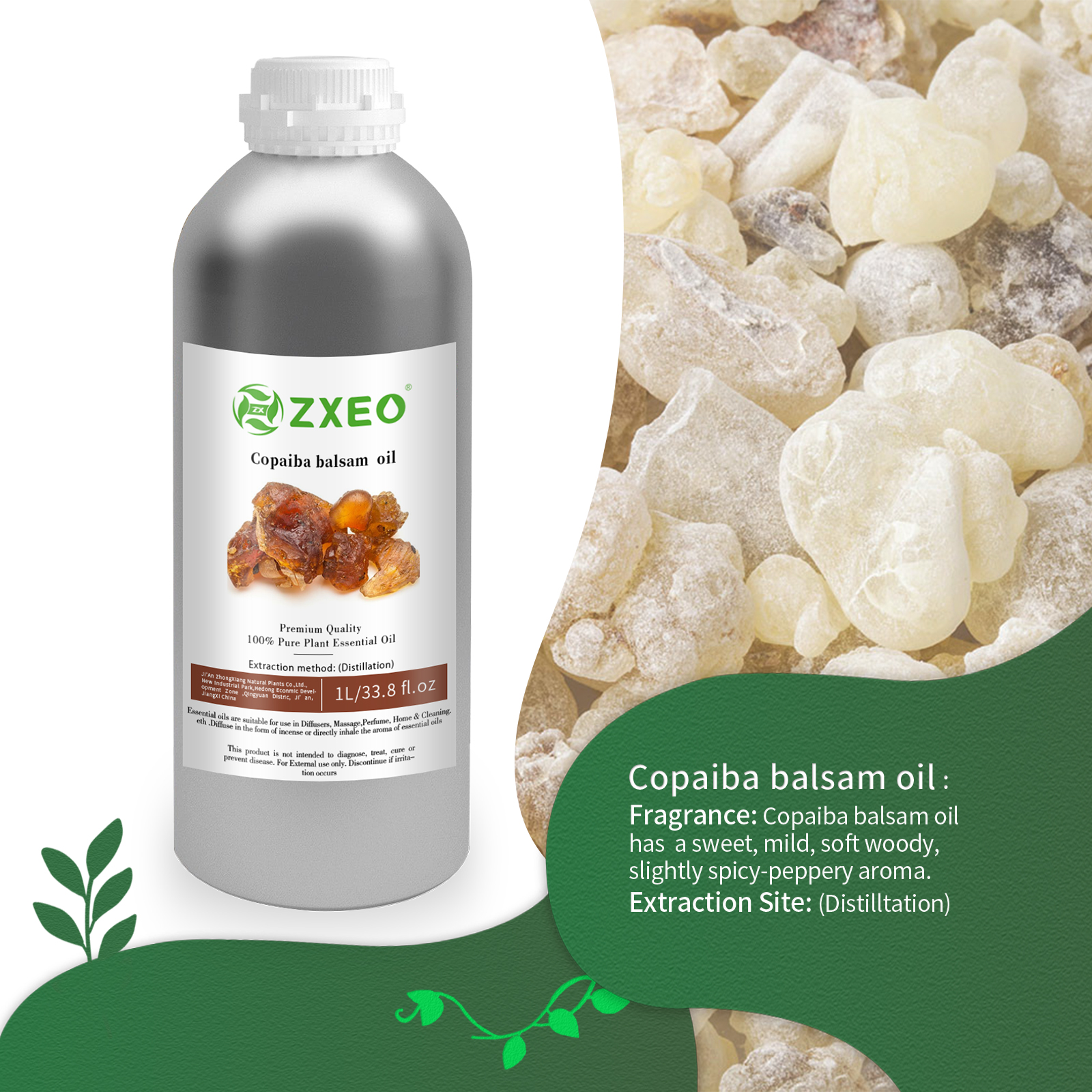What Is Copaiba Oil?
Copaiba essential oil, also called copaiba balsam essential oil, comes from the resin of the copaiba tree. The resin is a sticky secretion produced by a tree belonging to the Copaifera genus, which grows in South America. There are a variety of species, including Copaifera officinalis, Copaifera langsdorffii and Copaifera reticulata.
Is copaiba balsam the same as copaiba? The balsam is a resin collected from the trunk of Copaifera trees. It is then processed to create copaiba oil.
Both the balsam and oil are used for medicinal purposes.
The scent of copaiba oil can be described as sweet and woody. The oil as well as the balsam can be found as ingredients in soaps, perfumes and various cosmetic products. Both copaiba oil and balsam are also used in pharmaceutical preparations, including natural diuretics and cough medicine.
Research shows that copaiba has anti-inflammatory and antiseptic properties. With characteristics like these, it’s no wonder that copaiba oil may be able to help so many health concerns.
Uses and Benefits
1. Natural Anti-inflammatory
Research shows that three varieties of copaiba oil — Copaifera cearensis, Copaifera reticulata and Copaifera multijuga — all exhibit impressive anti-inflammatory activities. This is huge when you consider that inflammation is at the root of most diseases today.
Several animals studies have confirmed these anti-inflammatory effects. For instance, a 2022 systematic review found the resin has anti-inflammatory and wound-healing effects on the oral cavity of rats.
2. Neuroprotective Agent
A 2012 research study published in Evidence-Based Complementary and Alternative Medicine examined how copaiba oil-resin (COR) may have anti-inflammatory and neuroprotective benefits following acute neural disorders when intense inflammation reactions occur including stroke and brain/spinal cord trauma.
Using animal subjects with acute motor cortex damage, the researchers found that internal “COR treatment induces neuroprotection by modulating inflammatory response following an acute damage to the central nervous system.” Not only did the copaiba oil resin have anti-inflammatory effects, but after just one 400 mg/kg dose of COR (from Copaifera reticulata), damage to the motor cortex was decreased by about 39 percent.
Further research reveals that this oil “is capable to induce neuroprotection in the CNS by modulating the acute inflammatory response, reducing neutrophil recruitment and microglia activation.”
3. Possible Liver Damage Preventer
A research study published in 2013 demonstrated how copaiba oil may be able to reduce liver tissue damage that is caused by commonly used conventional painkillers like acetaminophen. This study’s researchers administered copaiba oil to animal subjects either before or after they were given acetaminophen for a total of seven days. The results were quite interesting.
Overall, the researchers found that the copaiba oil reduced liver damage when used in a preventative way (before administration of the painkiller). However, when the oil was used as a treatment after the pain killer administration, it actually had an undesirable effect and increased bilirubin levels in the liver.
Jian Zhongxiang Biological Co., Ltd.
Kelly Xiong
Tel:+8617770621071
Whats app:+008617770621071
E-mail: Kelly@gzzcoil.com
Post time: May-23-2025


